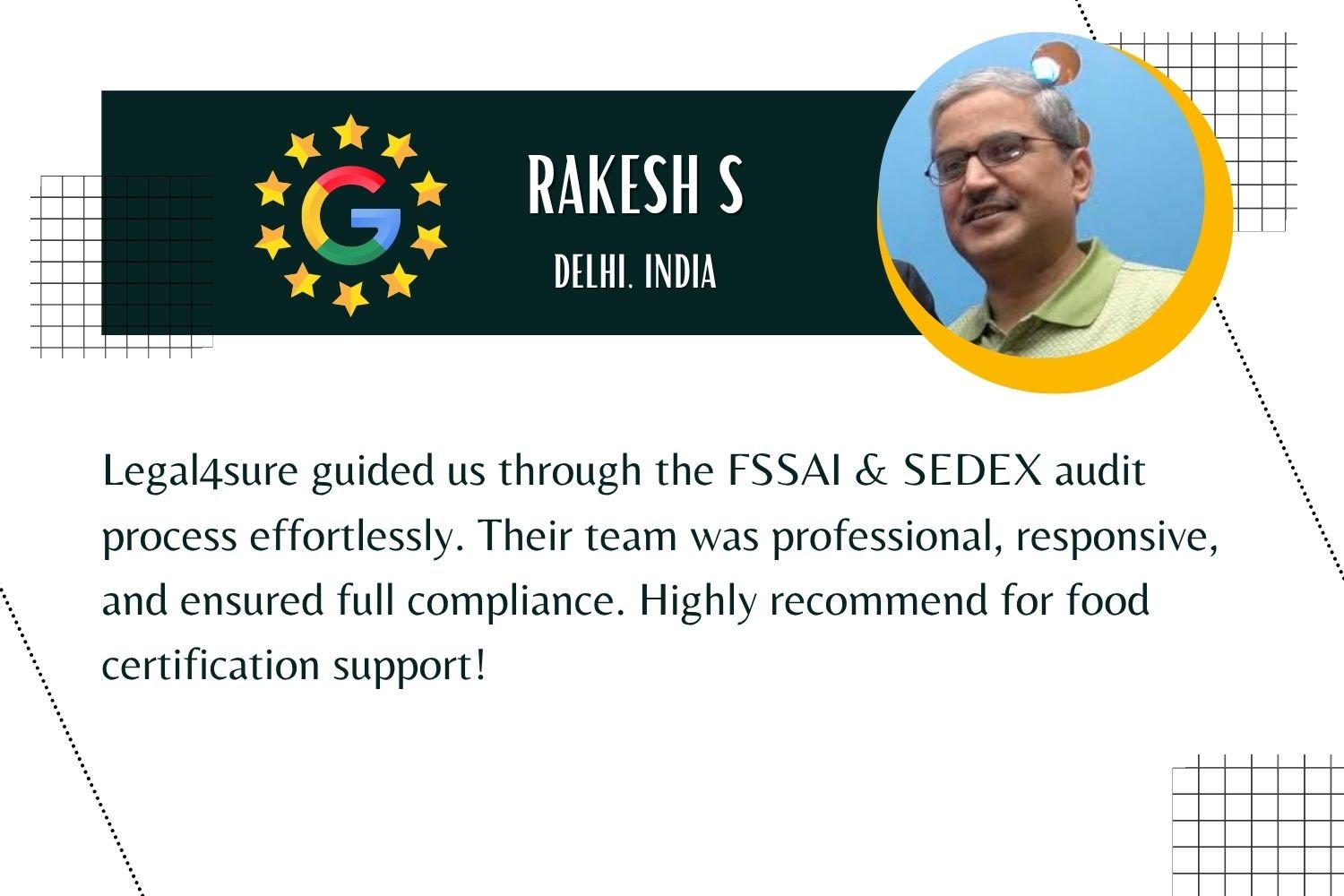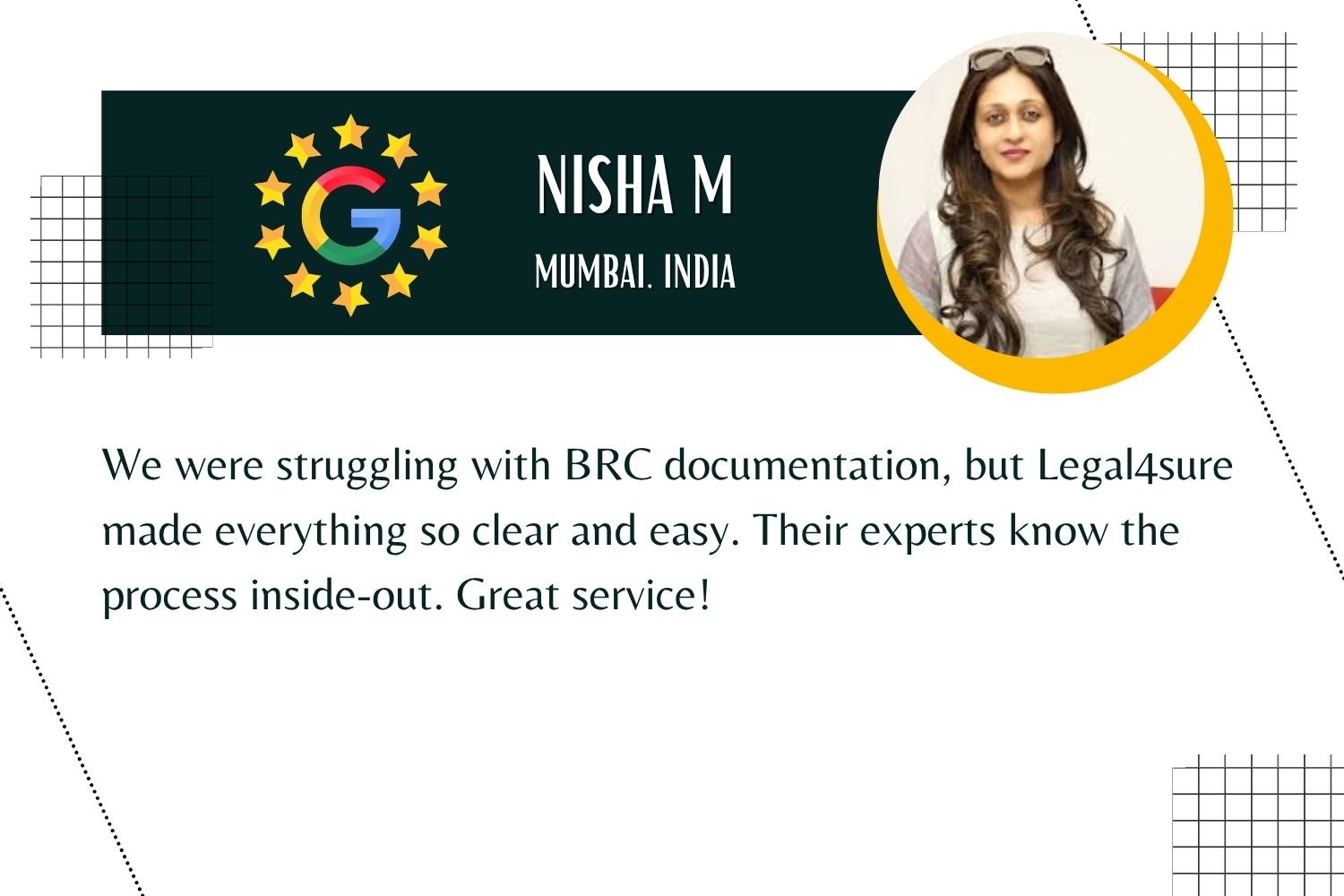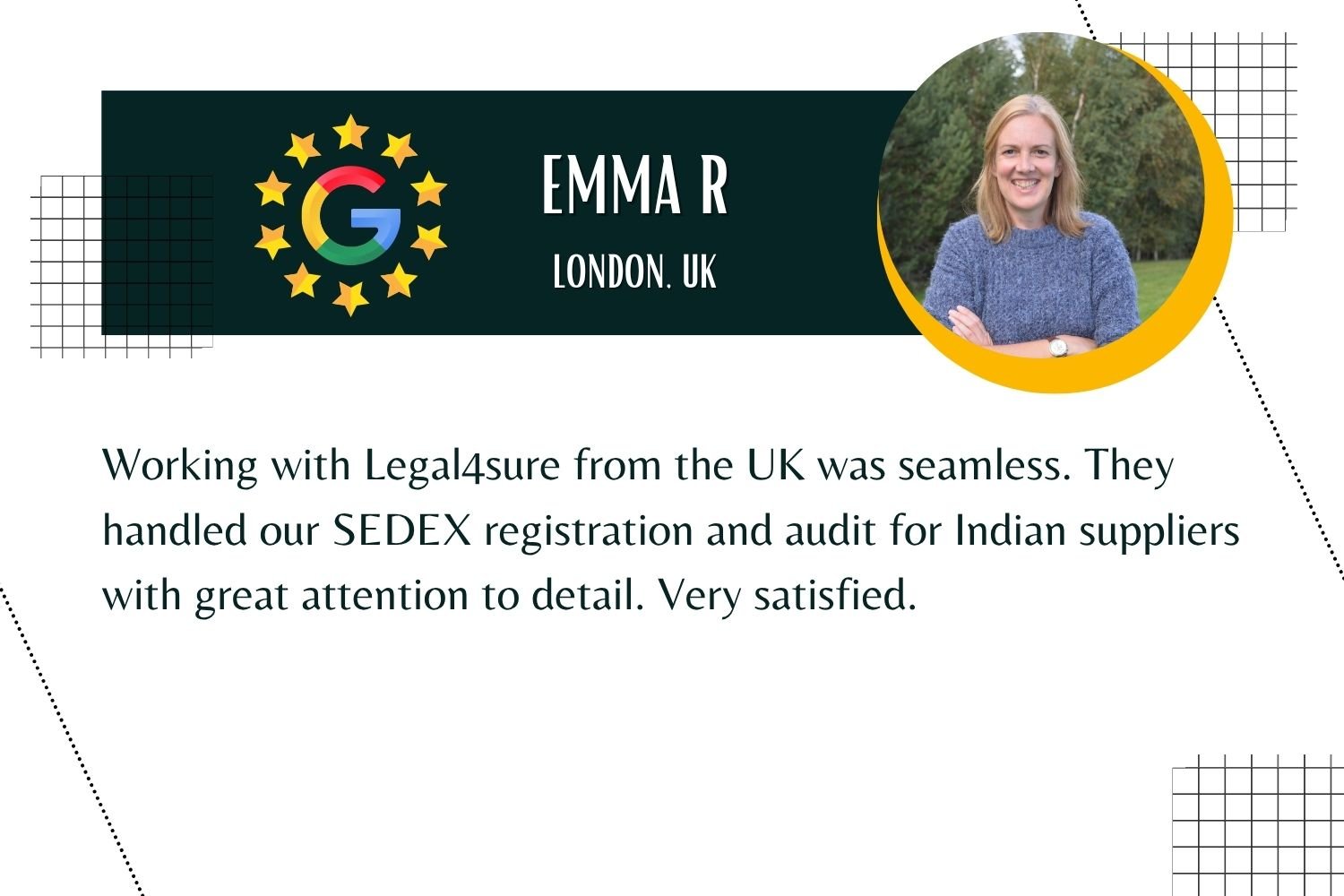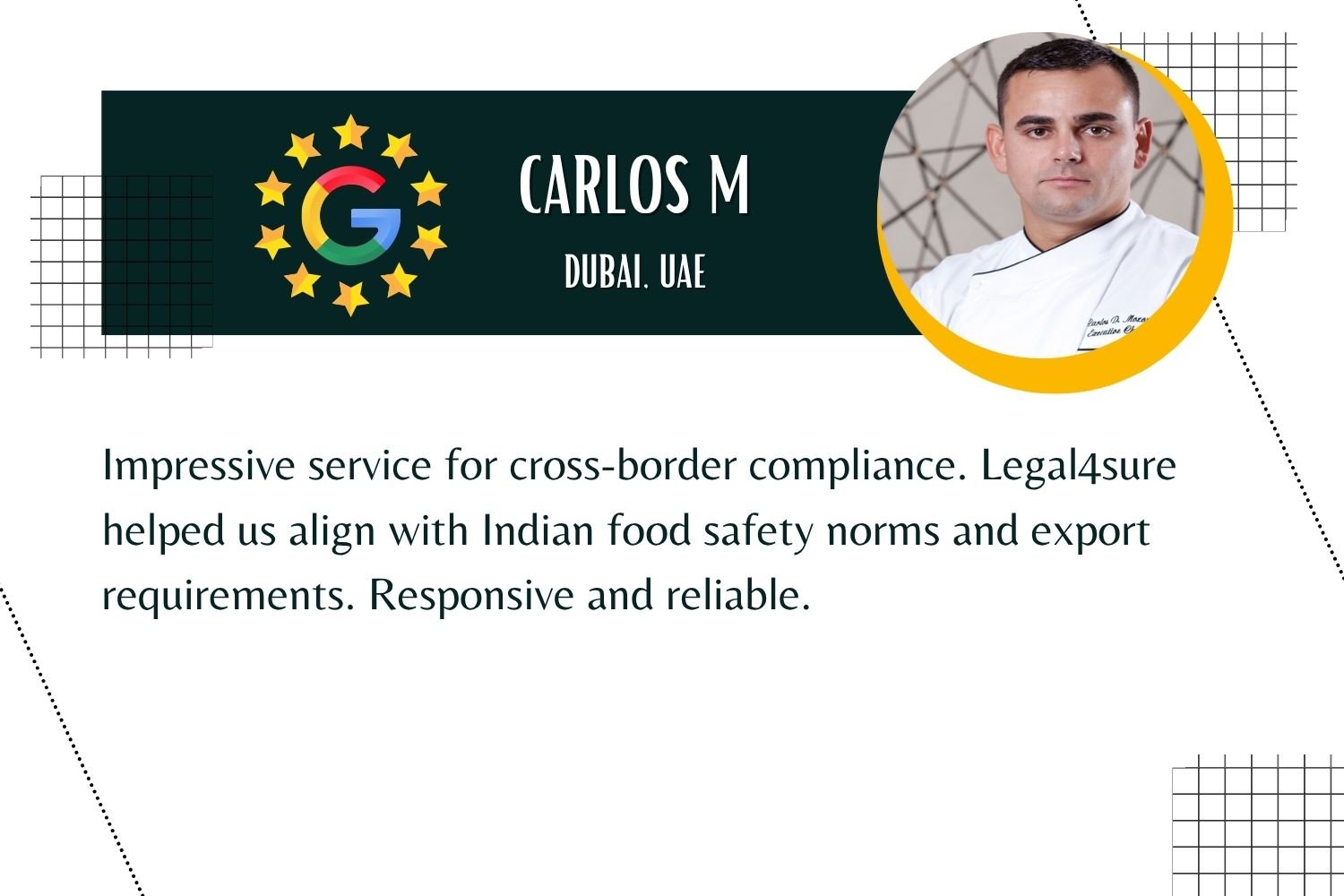The demand for clean, safe, and truly sustainable food products is growing rapidly. For farmers and producers, proving their crops meet true organic standards is more than just a label—it’s a symbol of trust. Here’s the thing: organic certification can seem a little confusing if you’re just starting. That’s why this organic certification guide explains the process, costs, and benefits clearly and simply. By the end, you’ll know exactly what it takes to get that hard-earned organic badge.
Understanding Organic Certification Requirements for Your Farm
First, let’s understand the basics of organic certification requirements. These rules aren’t just a formality—they ensure that your farm complies with strict standards for soil health, pest management, and chemical use.
Let’s look at this in practical terms:
- Avoid synthetic chemicals: Fertilizers, pesticides, and herbicides must all be natural or organic.
- Crop rotation and soil health: Careful planning is essential to maintain fertility and biodiversity.
- Record keeping: Every step of farming—inputs, practices, and harvest—must be clearly documented.
- Segregation: Organic produce must be kept separate from non-organic crops to prevent contamination.
Basically, this means that certification isn’t just a piece of paper. It proves that your farm operates sustainably, reliably, and transparently from seed to harvest.
Steps to Get Organic Certification Without Confusion
Now let’s talk about the practical aspect. The steps to get organic certification are clear, so you know what to expect at every stage.
Prepare the farm: Make sure your practices are in line with organic standards and keep all records systematically.
- Choose a certifying agency: Select an institution recognized in your area.
- Application and inspection: Submit your application and let auditors inspect your farm.
- Corrective action: Correct any deficiencies found during the inspection.
- Grant of certification: When all criteria are met, you receive an organic certificate.
- Continuous compliance: Maintain records and allow for annual inspections to maintain certification.
When viewed step by step, the process is less intimidating and easier to follow, even for small farmers.
Common Challenges Farmers Face During Organic Certification
Getting organic certification isn’t impossible, but here’s the thing—it’s not always easy. Understanding the challenges early on can save you a lot of time, effort, and stress.
- Keep accurate records: Auditors require evidence of every step. It is possible to miss a detail or take poor notes, which can cause the entire procedure to slow down.
- Avoid contamination: if your farm is near non-organic fields or chemicals accidentally touch your crops, it can compromise your certification. Careful monitoring and proper separation are key.
- Controlling the transition period: Your certification may be at risk if chemicals unintentionally come into contact with the crop or if you live near non-organic farms. Good separation and strict surveillance are absolutely vital.
- Know the regulations: Organic standards may vary from place to place and are complicated. Misunderstanding a requirement can lead to compliance problems.
- Be ready for expenses: Unexpected costs may arise during inspections or transitions. Preparation helps with financial management.
This simply indicates that preparation is not just beneficial, but also necessary. You may approach the certification procedure with confidence if you are aware of these difficulties in advance. And professional advice from firms like Legal4sure may help you along the way, avoiding unneeded delays and headaches.
Organic Certification for Farmers: Who Can Apply
“Who can get certified?” is a typical query that is frequently posed. Organic certification is not exclusive to large-scale agriculture. In addition to small farmers, cooperatives, and independent manufacturers, anyone may apply as long as they adhere to the standards.
Some considerations to bear in mind:
- Farmers need to have a well-defined strategy for switching to organic methods.
- Every input and process has to adhere to certification criteria.
- Small farmers can pool resources and expenses by using group certification alternatives.
This effectively means that more producers may profit from the organic market.
Understanding Organic Certification Cost Before You Start
|
Cost Share |
Approximate Range (INR) |
Notes |
| Application Fee | 5,000 – 15,000 | Payment to the certifying agency for processing your application. |
| Inspection Fee | 10,000 – 50,000 | Depends on farm size, crop variety, and the travel distance of the auditors. |
| Annual Renewal Fee | 5,000 – 20,000 | Covers annual audit and compliance verification. |
| Transition Costs | 20,000 – 1,00,000+ | Additional labour, organic inputs, infrastructure changes, or new equipment. |
Turn Sustainable Practices into Trusted Certification
Want your farm or business to really stand out and earn real trust? Legal4sure makes organic certification easy. We guide you through the rules, benefits, costs, and audit process, so you know what to expect every step of the way. The point is: getting certified doesn’t have to be confusing. With us, it becomes clear, easy, and rewarding. Take the first step with Legal4sure and turn your sustainable practices into a trusted and market-ready advantage.










